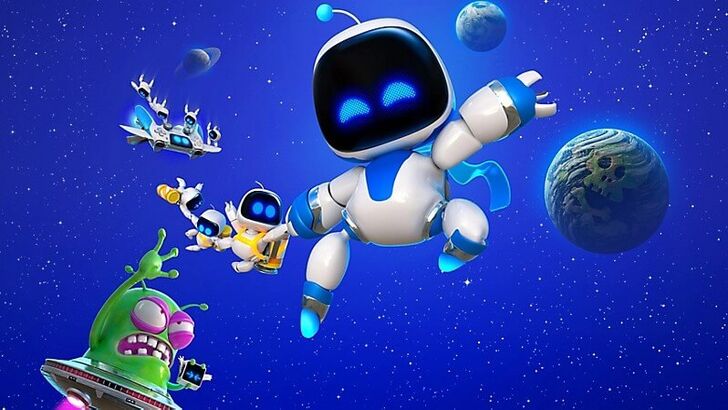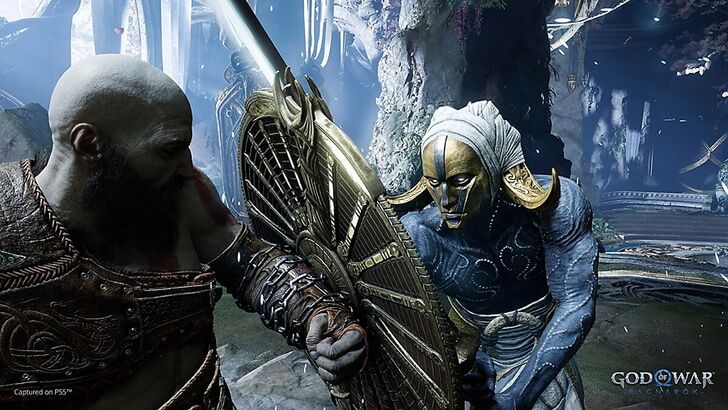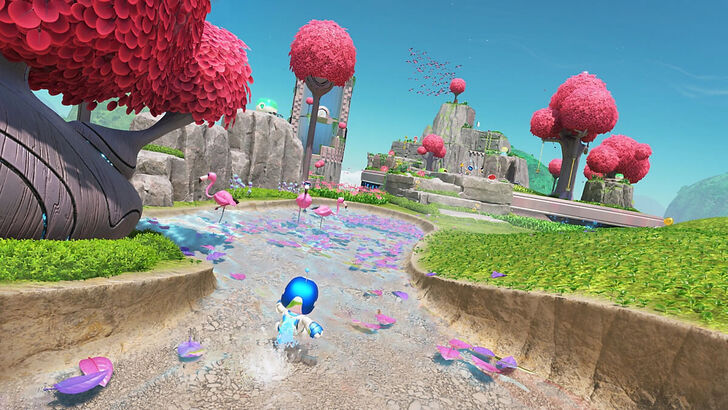AI in Gaming: Sony Exec Highlights Importance of Human Input
- By Nova
- Jan 25,2025
PlayStation Co-CEO Hermen Hulst on AI in Gaming: A Necessary "Human Touch"

Hermen Hulst, co-CEO of PlayStation, recently shared his perspective on the role of artificial intelligence (AI) in the gaming industry. While acknowledging AI's potential to revolutionize game development, he emphasizes the irreplaceable value of the "human touch." This statement comes as PlayStation celebrates 30 years in the gaming industry, a journey marked by significant technological advancements.
A Dual Demand for Games

In an interview with the BBC, Hulst stated that AI, while transformative, can't replicate the creativity and emotional depth that human developers bring to games. He anticipates a two-pronged market demand: one for innovative AI-driven experiences and another for meticulously crafted, human-designed content.
The impact of AI on game developers' jobs is a significant concern. While AI streamlines mundane tasks, fears remain about its encroachment on the creative process. The recent strike by American voice actors, fueled by concerns about AI voice replacement, highlights this tension, particularly impacting games like Genshin Impact.
AI's Current Role in Game Development

A CIST market research survey reveals that approximately two-thirds of game studios already utilize AI to optimize workflows, primarily for rapid prototyping, concept design, asset creation, and world-building. Hulst stresses the importance of balancing AI integration with the preservation of human creativity.
PlayStation's AI Initiatives and Future Plans

PlayStation actively engages in AI research and development, with a dedicated Sony AI department established in 2022. Beyond gaming, the company aims to expand its intellectual property (IP) into film and television, citing the God of War series (adapted into an Amazon Prime show) as an example. This broader entertainment strategy may be linked to rumors of a potential acquisition of Kadokawa Corporation, a Japanese multimedia giant.
Lessons Learned from the PlayStation 3

Former PlayStation chief Shawn Layden reflected on the PlayStation 3's development, describing it as an "Icarus moment"—a period of overambitious goals that nearly overwhelmed the team. The PS3's attempt to be a multimedia powerhouse proved too costly and complex. Layden emphasized the importance of prioritizing core gaming functionality in subsequent consoles, a lesson that shaped the PlayStation 4's success.
Latest News
more >-

-

- Red Dead 2, GTA 5 Sales Stay Strong
- Dec 21,2025
-

-
-




